
EDITORIAL
13-03-2024 by Freddie del Curatolo
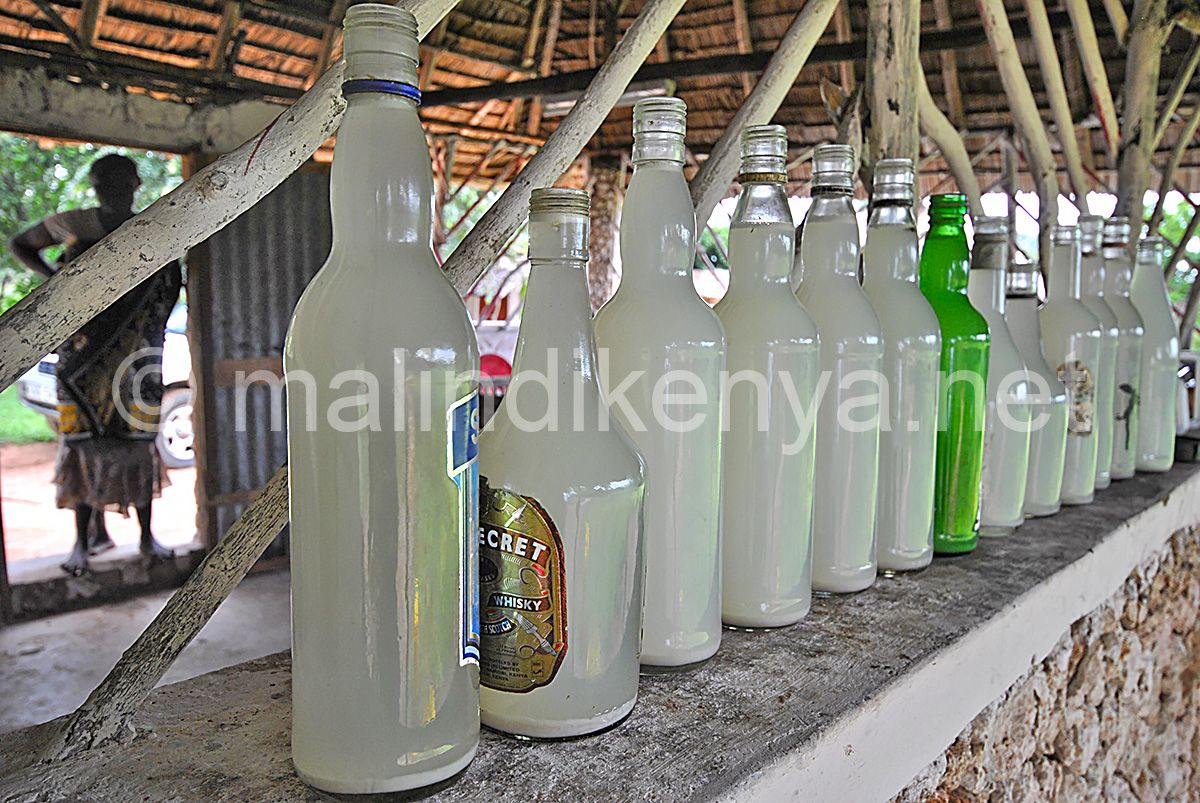
Foreigners can often catch a glimpse of them from their windows, passing through rural villages along the tarmac roads leading into the savannah or on the coast road that leaves Mombasa and travels to tourist destinations.
On the coast, they are rectangular hovels with a concrete base that reaches up to hip height and the rest of the structure made of wood, with a roof of dry palm trees, the so-called makuti, which purposely spreads out far beyond the natural, almost touching the concrete and allowing only a few glimmers of light to penetrate.
It is better not to see what goes on in there and how those who enter it are transformed.
In the north, sheet metal replaces makuti, and in the most degraded suburbs often concrete as well.
These hovels, which a western man can hardly ever enter, are the local Kenyan bars where illegally produced alcohol is served. Homemade distillates fermented with herbs, fruit or tuber peels, sugar, ethanol and whatever other stuff comes to hand. They call them 'second generation spirits', where to 'generation' one should add the prefix 'de'.
They are the main cause of the mutation of several Kenyans from desperate to zombies, from depressed to beggars, from pissed off to thugs. But they are also the cause of death for those who perhaps use them sporadically, occasionally, during a party, a bachelor party or a reunion of old friends.
A few weeks ago, north of Nairobi in Murang'a county, twenty people, almost all members of the same family, died after drinking illicit liquor in one of these bars.
Already a year ago, the government announced a crackdown on rampant alcoholism in Kenya, targeting establishments that serve legal liquor, trying to limit their hours, opening days, and not renewing licences to those near schools.
But as long as the regulation of this is in the hands of local police, almost any imaginable remedy becomes an opportunity to fuel corruption.
So now Kenya has decided to act directly from the top: as of one week officially, small bars selling 'second generation' alcohol must close their doors. Each county government has been called upon to do so and already more than two hundred businesses that were on the verge of legality or that lived on bribes have been closed. Certainly many reluctantly by conniving policemen, so much so that the government has also issued another ordinance: representatives of institutions can no longer be owners of public premises serving alcohol.
There are other items in the ordinance signed by Interior Minister Kithure Kindiki: a total revision of alcohol licences that could also affect tourism. In fact, it is written that within 45 days public premises will have to comply with certain new rules, including not selling alcohol if in the vicinity of schools or 'sensitive' facilities (one supposes hospitals, but it would be better to specify) and respecting certain hours if the premises are located in residential areas (here too, the specification would be necessary, in order to avoid the usual arbitrary interpretation of convenience by those who have to enforce the laws...).
Repression, although in these cases the iron fist reduces the possibility of 'marching on it' to a maximum, must not be the only resource: without attention to young people, without education in schools and with a moral façade, every form of escape from reality is taken to extremes (it is enough to see the damage done by cunning and crazy religious preachers).
Vice-President Rigathi Gachagua has declared that for this 'epoch-making' battle against wild alcoholism in the country, he is even willing to give up his chair.
It is always very difficult to try to change certain habits in this country, especially that of getting stoned because one does not have the tools (and fortunately not even the weapons, otherwise as in certain regions of the North Rift Valley one would see what happens) to cope with an increasingly arduous survival.
NEWS
by redazione
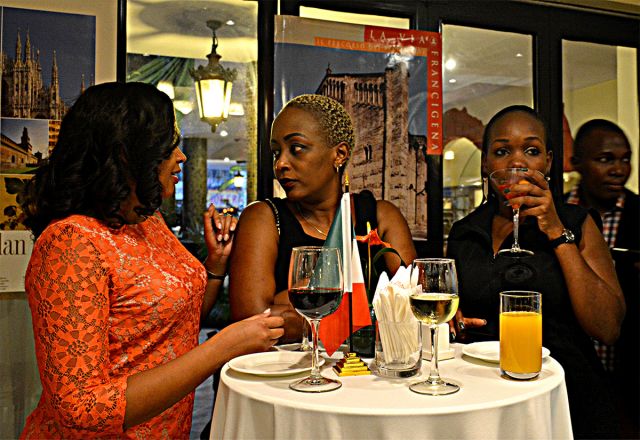
The Kenyan government is thinking of limiting the sale of alcohol in the country and limiting consumption to private...
NEWS
by redazione

New life for the old, mythical "tusker baridi sani"!
After the meeting between Diageo liquor multinationals boss and Vice President William Ruto, Kenya's government announced the construction of the largest brewery in Kenya and all over Kenya, East Africa, in...
Customs clearance operation at risk from this week to the port of Mombasa.
Friday was called a strike to the bitter end of 1350 customs operators, for the renewal of their licenses by the Kenya Revenue Authority.
He writes the...
NEWS
by redazione

Following requests from the Kenyan Tourism Minister, Najib Balala, and hospitality and public...
INSIDE KENYA
by Freddie del Curatolo

President Kenyatta's decision to ban the sale and consumption of alcohol in public places in ...
NEWS
by redazione

The Government of Kenya is seriously considering drastically reducing the circulation of arms in the...
TAXES AND LICENCES
by redazione
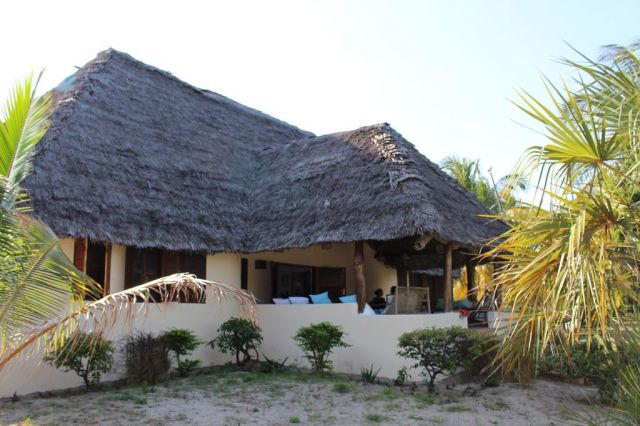
NEWS
by redazione

Bad weather, lower temperatures especially in Nairobi and the Rift Valley are among the causes ...
POOR KENYA
by Freddie del Curatolo
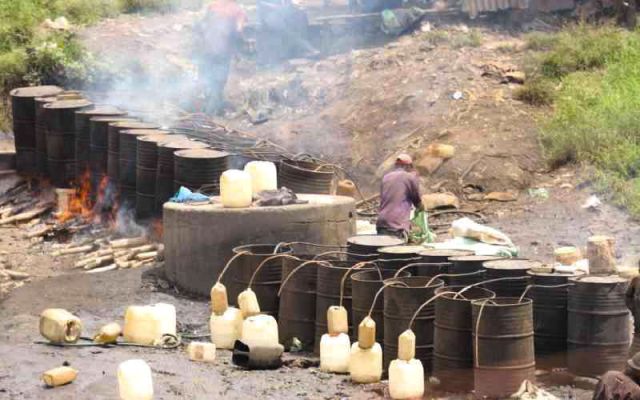
Another tragic news story brings to the surface one of the great problems with which the heart...
ENVIRONMENT
by Freddie del Curatolo
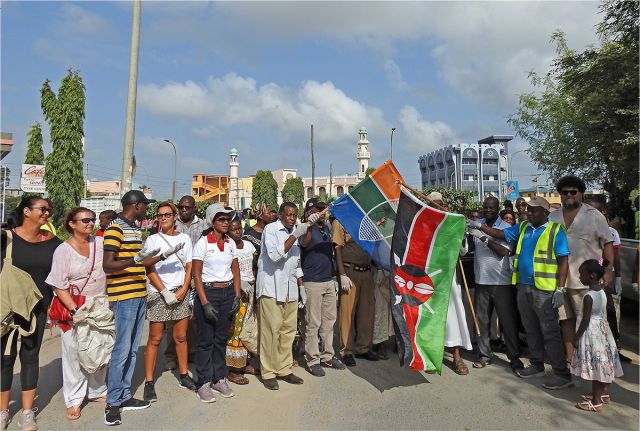
The eleventh consecutive monthly cleaning of Malindi was positively consumed on Saturday, February 8 with...
by Freddie del Curatolo
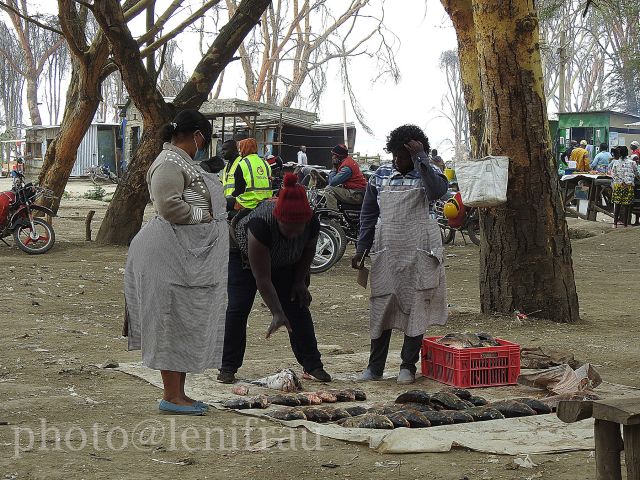
In recent days one of the boys from the cooperative of boatmen of Lake Naivasha was killed...
TOURISM
by redazione

Before the starting of the high season all the accommodations will be probed and tested, the rooms and small structures sold on Air BnB on Booking.com and on other online platforms, to ensure acceptable performance with national laws on hotelkeeping,...